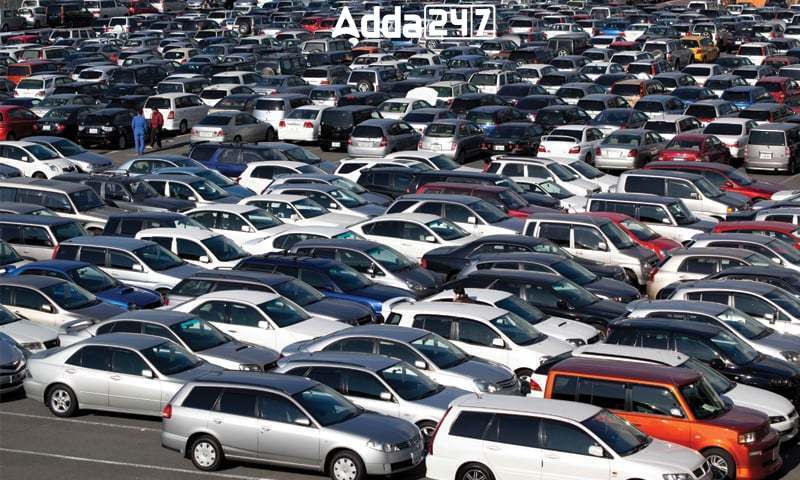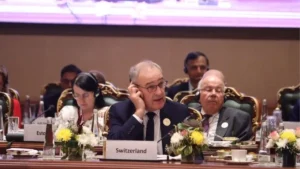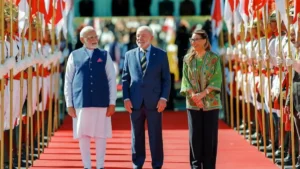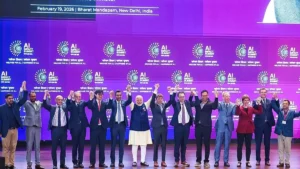Sri Lanka, amidst a financial crisis stemming from a severe shortage of dollars, has taken a significant step by partially lifting import restrictions. This move aims to rejuvenate the economy, which has been struggling since March 2020.
Import Ban Rollback
In a notable development, Sri Lanka has decided to lift the ban on imports of trucks and heavy vehicles, marking the first rollback of such restrictions since March 2020. The decision, outlined in a gazette notification, signifies a shift towards economic recovery under President Ranil Wickremesinghe’s leadership.
Partial Relief
While heavy vehicles like buses, trucks, and tankers are now eligible for import, restrictions on passenger vehicles, including cars, remain intact. This selective approach reflects the government’s strategy to balance economic revival with cautious resource management.
Economic Progress
Sri Lanka’s economy has shown signs of stabilization in recent months, buoyed by a $2.9 billion IMF bailout, controlled inflation rates, and strengthened foreign exchange reserves. With reserves reaching a 19-month high of $3.8 billion in July and a 13.5% currency appreciation this year, the nation is witnessing positive momentum in its economic indicators.
Ongoing Challenges
Despite these strides, Sri Lanka faces pressing challenges, including impending debt negotiations with creditors and the imperative to implement crucial economic reforms. The country’s economic contraction of approximately 2% this year, following a 7.8% decline in 2023, underscores the necessity for sustained efforts towards recovery and resilience.




 Geneva to Host AI Summit 2027 & UAE ...
Geneva to Host AI Summit 2027 & UAE ...
 India-Brazil Seal 10 Big Deals: A New Po...
India-Brazil Seal 10 Big Deals: A New Po...
 AI Impact Summit 2026 Concluded As 89 Na...
AI Impact Summit 2026 Concluded As 89 Na...








